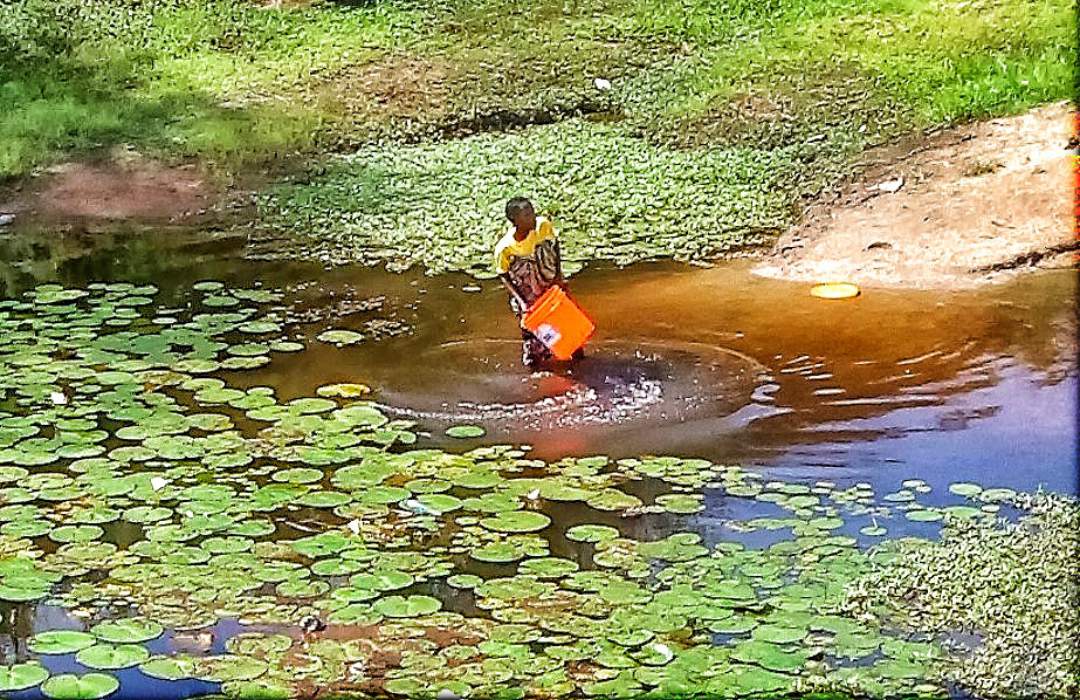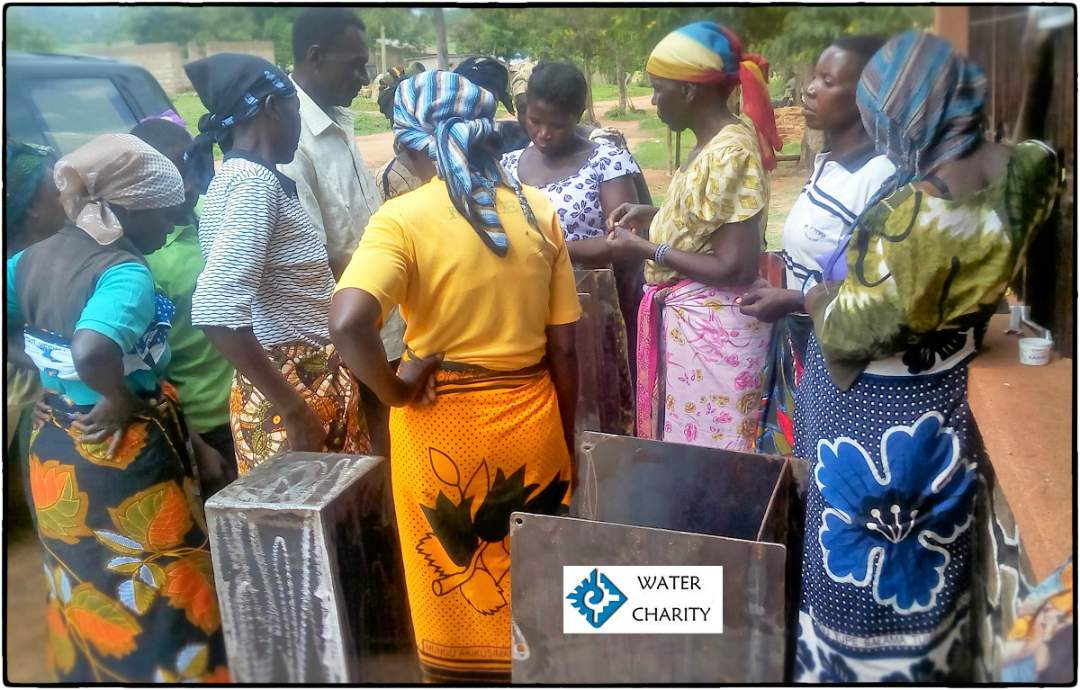This project is made possible through the partnership of WATER CHARITY and the NATIONAL PEACE CORPS ASSOCIATION, working with Friendly Water for the World. ![]()
Nine BioSand Filter Training Programs for the Serengeti, Tanzania
The combination of national development and global climate change has not been kind to the people of the Serengeti in northern Tanzania. The remaining forests, which helped hold the water to the soil, have virtually all been cut down, and turned into charcoal which is then shipped off to the cities. The forests are rapidly being replaced by water-hungry tobacco agriculture, intensively farmed, with massive use of only semi-regulated pesticides.
The government does not have the funds to provide clean water to all the villages. The aim of these 9 training projects is to improve health and alleviate suffering due to waterborne illnesses by providing clean, safe drinking water to families especially vulnerable children across the Serengeti region of Tanzania.
Project Description:
The primary method of achieving the goal of providing clean water is to train villagers on proper sanitation and hygiene and on the construction of BioSand water filters. 9 trainings are scheduled for 8 groups.
O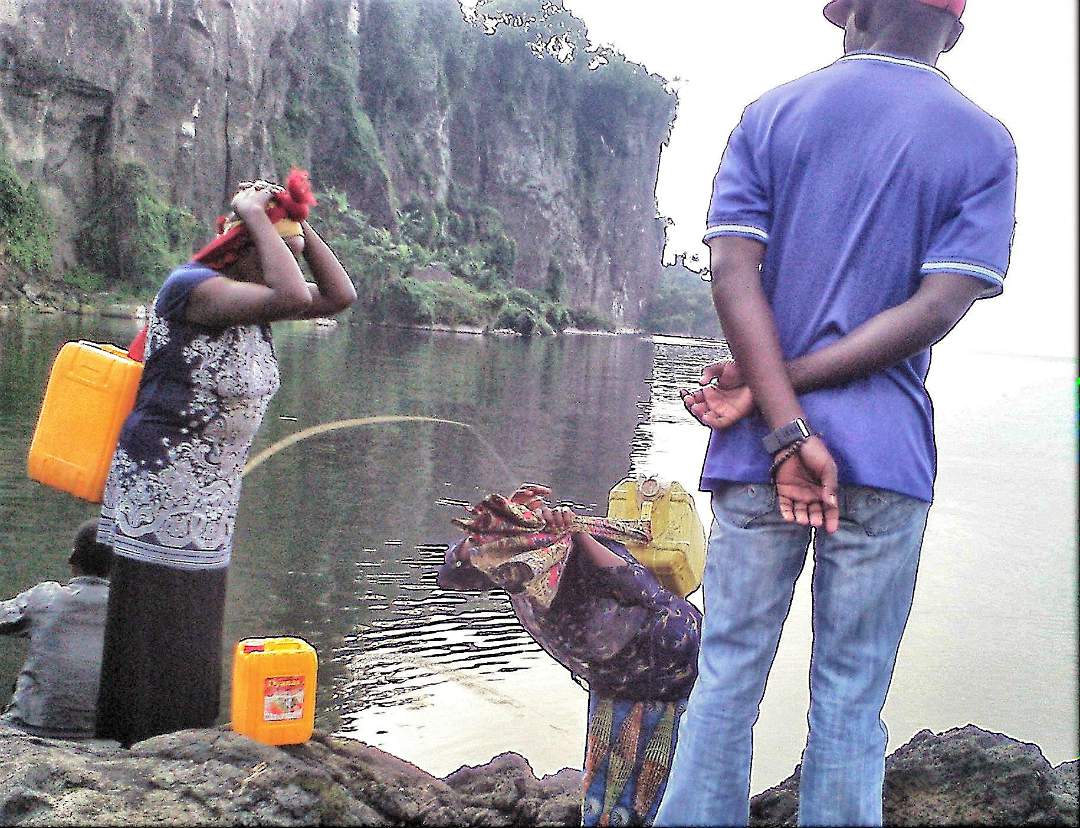 ur services include providing materials to construct the filters, train people on the construction of the filters, distribute the filters to the target population, train villagers on sanitation, and the proper use and maintenance of the filters. Systems are placed to monitor and evaluate the usage and effectiveness of the filters. And, in addition, the people are also taught business skills which will help them establish income and job generating economies in the sale of filters, clean water, and the training of others in this technology.
ur services include providing materials to construct the filters, train people on the construction of the filters, distribute the filters to the target population, train villagers on sanitation, and the proper use and maintenance of the filters. Systems are placed to monitor and evaluate the usage and effectiveness of the filters. And, in addition, the people are also taught business skills which will help them establish income and job generating economies in the sale of filters, clean water, and the training of others in this technology.
The cost to provide a filter to a family is a small investment in comparison to cost of illness in terms of health and economic issues. The program saves children’s lives through providing a basic necessity of life.
Water Charity’s partner in many training projects in the region, Friendly Water for the World, has been partnering with an extraordinary non-governmental organization in the Musoma/Mara Region of Tanzania – Hope Revival Children’s Organization (HRCO), under the leadership of Stephen Marwe – that has been doing extensive social work with children (especially orphans), widows, people with HIV, and unemployed youth. They have pioneered several highly successful BioSand Filter/community sanitation and hygiene programs in the region, and now want to extend the work throughout the Serengeti, with assistance from the local government, and community-based organizations that they have already helped establish.
The main goal of training the groups is to change peoples’ lives by improving the standard of health through the use of BioSand water filters since the water sources around the area are not that safe. The community will be educated on the importance of using BioSand water filter in avoiding waterborne infection and save money over water boiling, which also spares forest destruction, and profiting from selling filters.
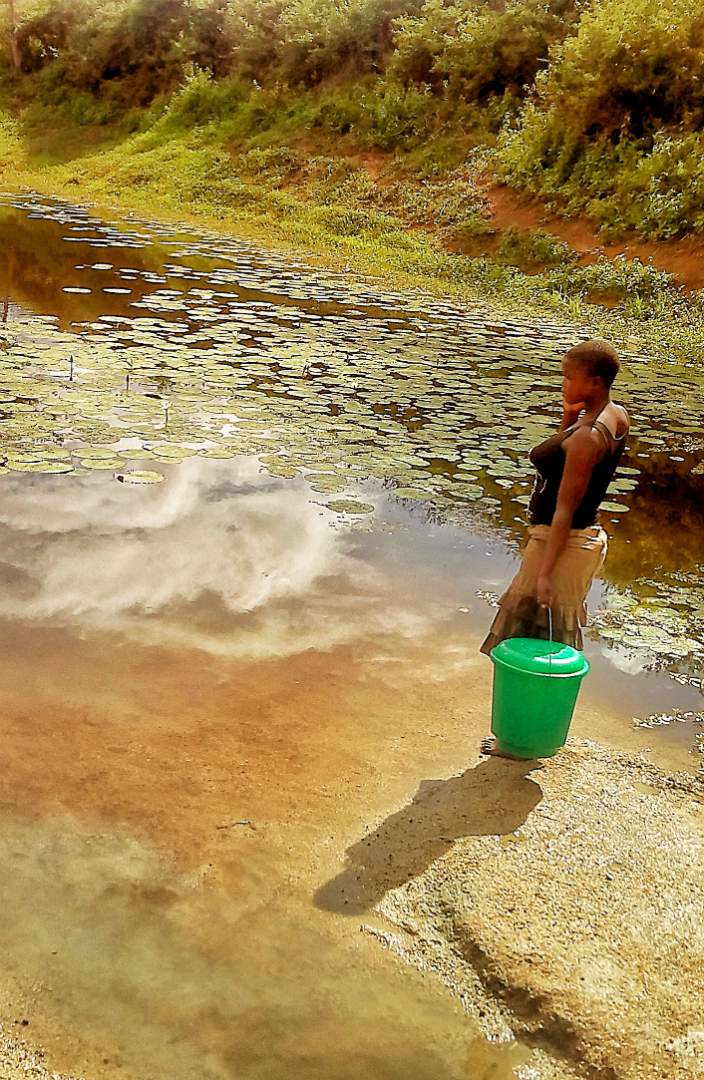 Of the four groups to be trained together, two will be made up of people with HIV, one a women’s group, and one a group of unemployed youth.
Of the four groups to be trained together, two will be made up of people with HIV, one a women’s group, and one a group of unemployed youth.General activities will be education, fabrication of filters, selling, installation and monitoring by follow up households to ensure proper usage of filters.
- Mobilization of young mothers, school dropout, widows and youths from all wards
- Training in demonstrating bio-sand filtration systems, health and hygiene
- Small business seeding and
- Providing documents regarding construction of bio sand filtration systems
- Capacity building on entrepreneurship.
- Training preparation manual
- Establishment of technology and entrepreneurial library for all vulnerable women, orphans and youth
The Bonchugu Group is one among the groups formed by HRCO in Serengeti with the mission and objectives of fighting overwhelming poverty through traditional dance, performing for the tourists. They also do cultivation for income. They have a campaign to eliminate childhood marriage and Female Genital Mutilations (FGM) as well.
After sharing the idea of BioSand Filter technology with the group, they were very touched by it, and are enthusiastic for the training. They understood immediately how this would improve their lives.
Project partners: Local authorities from Sedeko Ward in Serengeti District. Project location: Sedeko Ward Serengeti District, Tanzania
ITUNUNU GROUP
This group advocates for women and children rights in Gatasamu Ward in Serengeti working with traditional cultures existing in the area. The group has a big interest of having the bio sand water filter to assist the local community using clean and safe water, making a sustainable project to make profit out of it by selling clean water and filters.
Project partners: Local authorities from Mugumu Ward in Serengeti District. Project location: Itununu Ward – Serengeti District, Tanzania
MUGUMU ART CULTURE GROUP
Another group that has lined up to receive the training. More than half of those served by the program are children. Deaths due to water borne illness are particularly high in children under 5 years of age. Illness i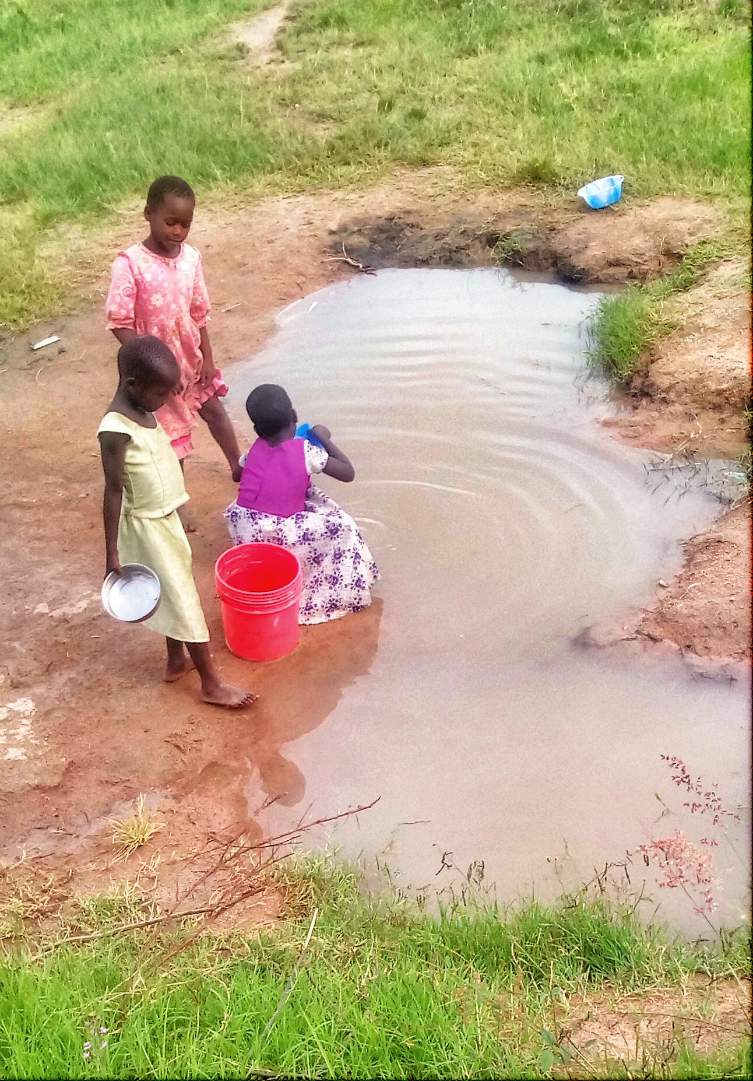 n older children and adults results in their inability to work, inability to attend school, and extra costs for medication. The Project is an important program for these villages because it will eliminate water borne illness and provide a most important resource, clean water!
n older children and adults results in their inability to work, inability to attend school, and extra costs for medication. The Project is an important program for these villages because it will eliminate water borne illness and provide a most important resource, clean water!
Project partners: Local authorities from Mugumu Ward in Serengeti District. Project location: Mugumu Ward – Serengeti District, Tanzania
TWIMANYE GROUP
This group in an outlying area, requests our service to improve the ability of families to care for children and achieve goals of self-sufficiency. This will increase the knowledge of the trained members and the community in general on hygiene and sanitation. Knowledge on treatment of water before drinking will help to reduce water related diseases. Knowledge of job creation and self-employment these participants gain will reduce burden to the family members and government improve their living standard.
Project partners: Local authorities from Mugumu Ward in Serengeti District. Project location: Mwibagi Ward – Serengeti District, Tanzania
4 GROUPS TRAINING
This training will include 4 groups, of which two will be from People Living with HIV, one other group will be formed by widows, and another one will be formed by youths who are school dropouts and young mothers.
After the training, each group is expected to initiate a project (bio sand water filter fabrication), which will include the selling of filters in order to generate income. This will have the effect of saving lives as the project (and its ripple effects) will lead to the reduction of water related diseases, and improve health. Members will become ambassadors of the WASH, and change makers, as they educate their communities about water issues.
Project partners: Local authorities from Mugumu Ward in Serengeti District Project location: Serengeti District, Mara region, Tanzania
– 180 individuals trained
– 900 members of their families
– Nine groups build and distribute 500 BioSand Filters each in first two years = 4,500 Filters
– Each Filter serves on average 10 people – 45,000 people served
– 60 Filters go schools and orphanages – 4,200 children served
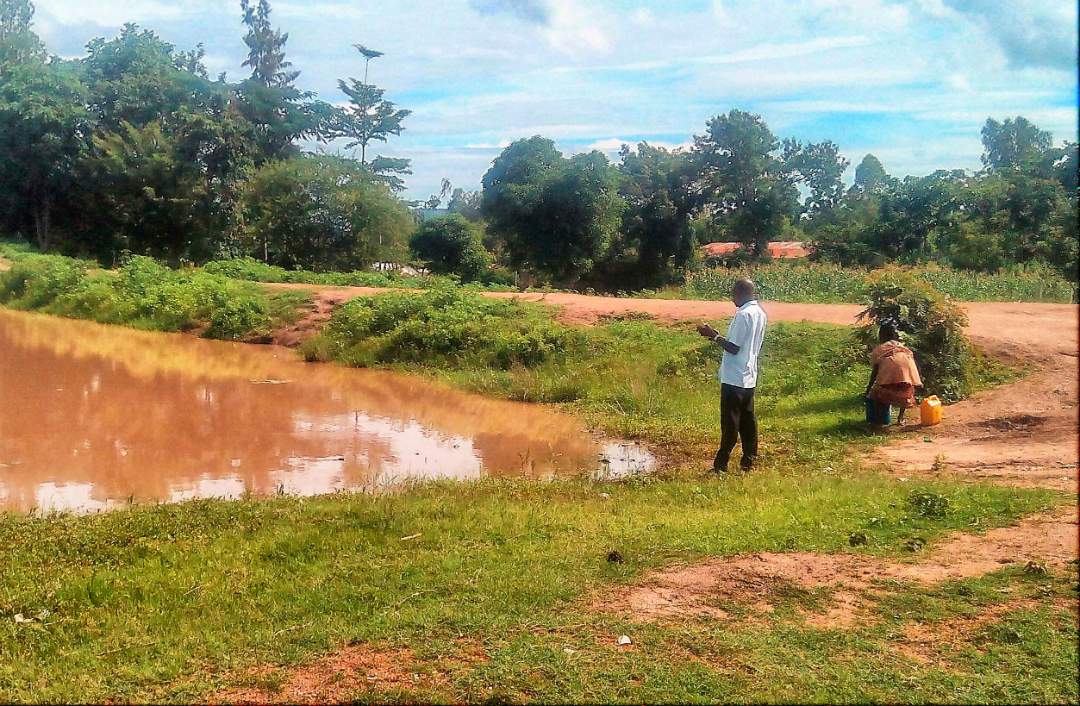
– Programs expand and require more than two molds each
– Auxilary businesses start up – chicken and goat raising; soapmaking
– Programs in rainwater catchment initiated
– Waterborne illnesses curtailed
– Health improved
– Child morbidity and mortality reduced
– Medical/pharmaceutical expenses curtailed
– School attendance increases
– Significant increases in employment
– Community productivity enhanced
Stephen Marwa, director of HRCO, will direct the programs, with three staff under his direct supervision. Friendly Water’s Kenya and All-Africa Representative Eric Lung’aho Lijodi, will act as advisor to the program.
One person from each group will be trained as a monitor, able to go into homes and check on installation and proper use. There will be a report due 90 days after each workshop is established, with changes made to each group’s business plan as appropriate. Funds have been allocated for follow up by HRCO staff.
The follow up will be done on monthly bases as well as recording the productions, sales and challenges faced by the project. The information gathered will be submitted to the country representative to the Management Committee and later be used to inform relevant stakeholders and project supporter’s partners on how the project is meeting its intended objectives as well as to provide a road map for improvements. The final Evaluation will be conducted to evaluate project impact and provide information of poverty reduction, education, access to information, and target group response and project sustainability for future scale up.
Sustainability
As per the monitoring and follow up, the sale of the filters will be accumulated and enable future projects. This “added advantage” to the project is enhanced because the groups will be trained in entrepreneurship skills that will enable them to be quite a bit more self-reliant. It also means that there will be a sustained and keen interest in maintaining the project.
Comments:
HRCO dreams of transforming the health of the entire region. Their proposal is audacious, but based on our past experience, it is well within our joint capabilities to accomplish.
This program of 9 training projects is the latest in a long string of successful programs and projects that WC and FW have undertaken together. It falls under our Training & Support Initiative. Other FW collaborations can be viewed by clicking here.
Our budget for this project is well under $30,000. Please contribute to this tremendous effort using the Donate button below.
